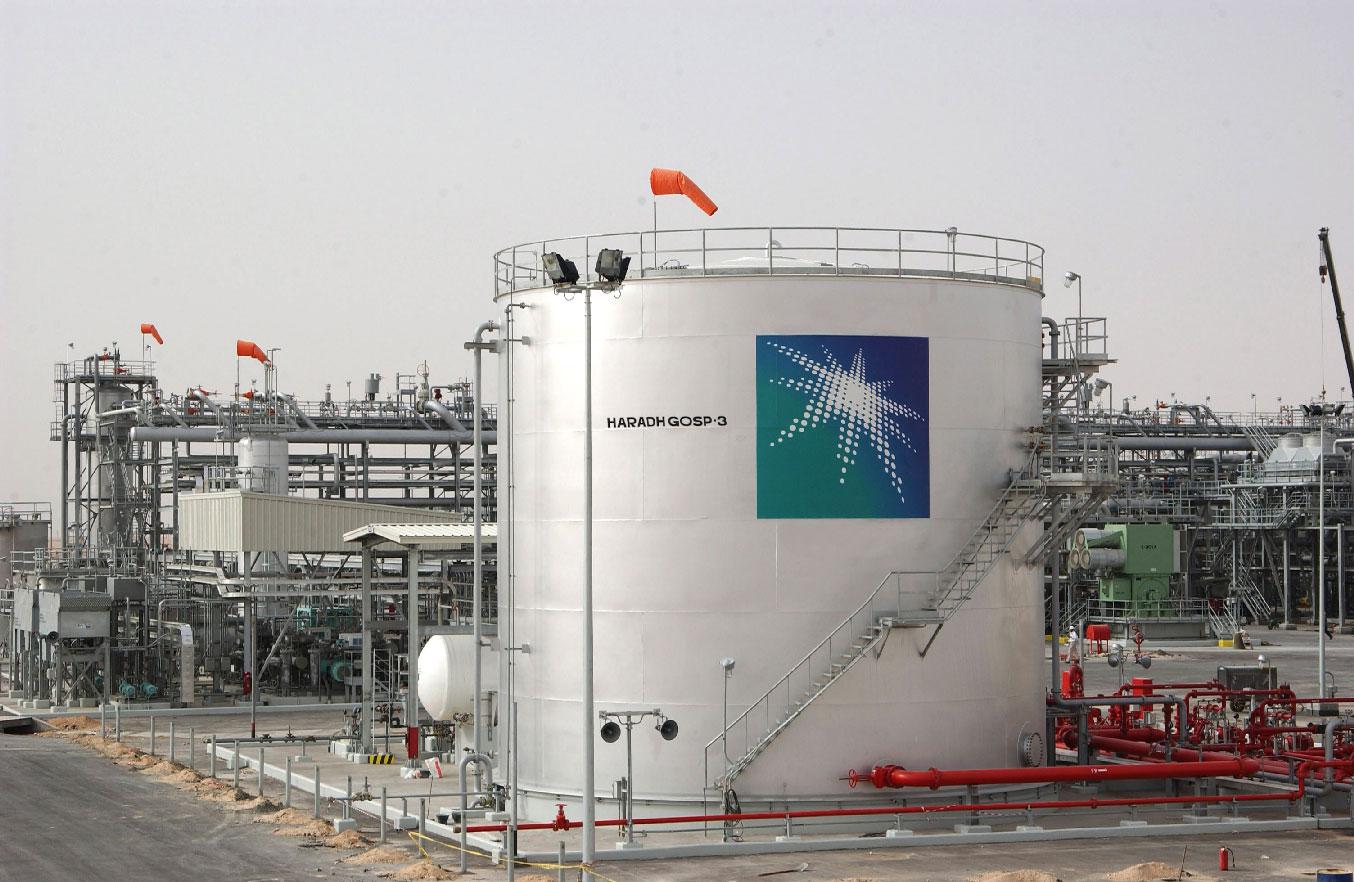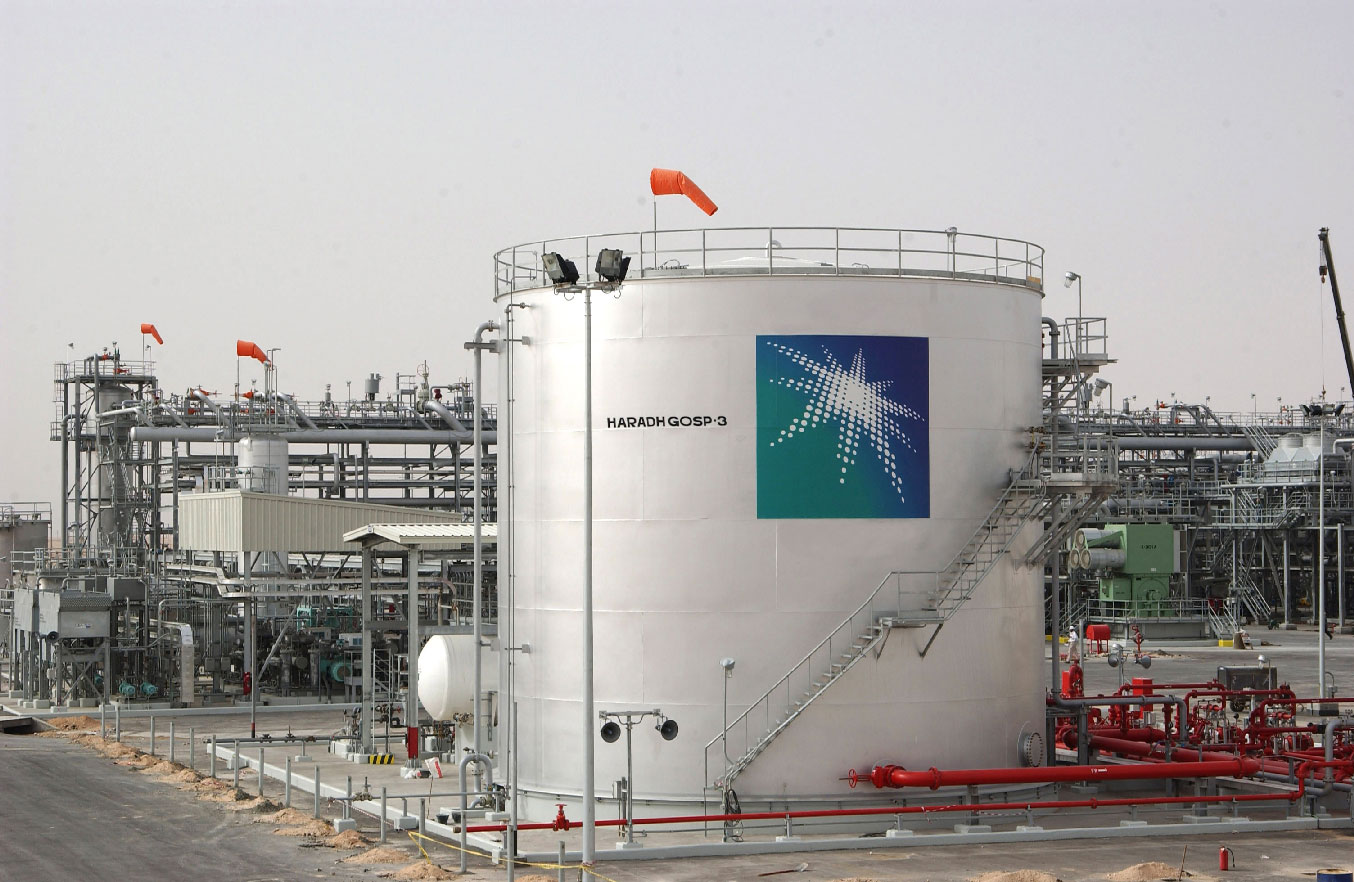Yemen's Huthi rebels claim oil station attacks near Riyadh
DUBAI - OPEC kingpin Saudi Arabia said it had stopped pumping crude oil along a major pipeline Tuesday following a drone attack, hours after Yemen's Huthi rebels said they had targeted vital Saudi installations.
Energy Minister Khalid al-Falih said two pumping stations on the pipeline from the oil-rich Eastern Province to the Red Sea had been targeted early Tuesday.
The vital pipeline has a capacity of at least five million barrels per day.
"Saudi Aramco took precautionary measures and temporarily stopped operation of the pipeline, as it is evaluating the situation and working on restoring the operations of the affected pump station and the pipeline," Falih said in a statement cited by state news agency SPA.
The 1,200-kilometre (750-mile) pipeline carries crude from Saudi Arabia's main eastern oil fields to the Red Sea port city of Yanbu in the west.
It was created several decades ago as an alternative for Saudi crude exports if the strategically vital Strait of Hormuz at the mouth of the Gulf were to be closed.
The pumping stations reportedly targeted lie west of the capital Riyadh, at Dawadmi and Afeef.
Falih condemned the attacks.
"The latest acts of terrorism and sabotage in the Arabian Gulf... not only target the Kingdom but also the security of oil supplies to the world and the global economy," he said.
"These attacks prove again that it is important for us to face terrorist entities, including the Huthi militias in Yemen that are backed by Iran."
Huthi-run Masirah TV earlier on Tuesday cited a military official saying the Huthis had launched drone attacks on "vital Saudi installations". A Saudi-led military coalition has been fighting the Huthis in Yemen for four years.
The reported pipeline attacks came amid spiralling tensions in the Gulf, following a series of mysterious attacks on ships off the coast of the UAE and a major US military deployment to the region, leading the United States and Iran to exchange angry words over sanctions and the US military presence in the region.
The UAE has not revealed details on the nature of the attack on ships near Fujairah, a bunkering hub lying just outside the Strait of Hormouz, or blamed any party or country.
Iran was a prime suspect in the sabotage on Sunday although Washington had no conclusive proof, a US official familiar with American intelligence said on Monday.
Iran has denied involvement and described the attack on the four commercial vessels as "worrisome and dreadful". It has called for an investigation.
The US ambassador to Saudi Arabia said Washington should take what he called "reasonable responses short of war" after it had determined who was behind the attacks near Fujairah.
"We need to do a thorough investigation to understand what happened, why it happened, and then come up with reasonable responses short of war," Ambassador John Abizaid told reporters in the Saudi capital Riyadh in remarks published on Tuesday.
"It's not in (Iran's) interest, it's not in our interest, it's not in Saudi Arabia's interest to have a conflict."
Washington has increased sanctions on Tehran, saying it wants to reduce Iranian oil exports to zero, after quitting the 2015 nuclear pact between Iran and global powers last year.
The US Maritime Administration said last week that Iran could target U.S. commercial ships including oil tankers sailing through Middle East waterways. Tehran has called the US military presence "a target" rather than a threat.
A fifth of global oil consumption passes through the Strait of Hormuz from Middle East crude producers to markets in Asia, Europe, North America and beyond. The narrow waterway separates Iran from the Arabian Peninsula.
Iran's Revolutionary Guards threatened last month to close the Hormuz chokepoint if Tehran was barred from using it.
US President Donald Trump wants to force Tehran to agree a broader arms control accord and has sent an aircraft carrier and B-52 bombers to the Gulf in a show of force against what US officials have said are threats to US troops in the region.



